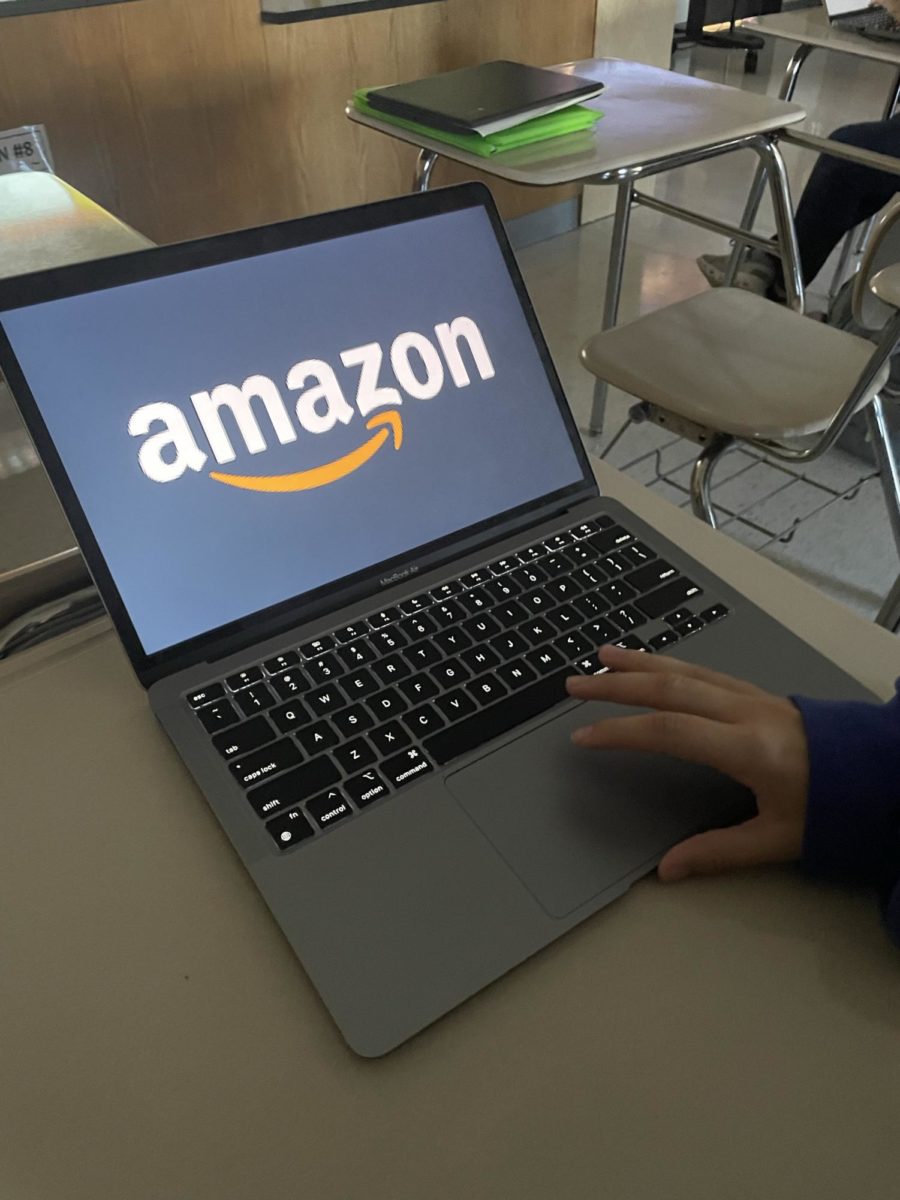On Tuesday, Oct. 3, the Federal Trade Commission, along with 17 other state attorneys general, filed an antitrust lawsuit against Amazon. The suit represents the largest legal effort made by the U.S. government to regulate Amazon’s conduct.
Through a press release found on its website, the Federal Trade Commission alleges that Amazon uses “anticompetitive and unfair strategies to illegally maintain its monopoly power.” The complaint also accuses Amazon of a cycle where customers are forced to buy products with inflated online prices and sellers are coerced into using overcharged services. Customers and sellers are then allegedly trapped by the strategies Amazon uses, further bolstering the monopoly the company holds.
The lawsuit asks the federal court in Seattle, where Amazon is based, to issue a permanent injunction in an effort to stop the unlawful conduct. It also asks the court to consider forcing Amazon to potentially sell some of its assets, or the idea of taking other relief measures to restore fair competition.
In response to the lawsuit, Amazon attributed healthy competition and innovation to its strategies. The company argued that if the FTC’s demands are met, consumers would be faced with higher prices and slower deliveries from the industry as a whole.
Although the lawsuit has yet to be resolved, many have already speculated about its impact. “I feel like most people aren’t really going to be able to change,” sophomore Victoria Zhong said. “There’s not a lot of platforms like [Amazon], and if you want to find cheaper prices, it is difficult and definitely less convenient…Amazon has already established itself as a pretty important part of people’s lives.”
Sophomore Jordyn Folkart has a similar view of Amazon’s importance today. “I can see how Amazon could easily monopolize or overtake other businesses,” Folkart said.
The lawsuit follows a series of other complaints the FTC has recently filed, especially for alleged deceptive measures taken by Amazon to maintain its dominance in the market. The FTC previously sued the company in June for manipulative practices that enrolled customers in Amazon Prime and made it difficult for them to cancel their subscriptions. In May, Amazon paid $25 million in a civil settlement to the FTC, dismissing allegations that it had breached a child privacy law.
The FTC has also sued Facebook, Google and Apple, launching investigations into these Silicon Valley companies over the past three years. Overall, the lawsuit is part of a bigger recent movement aimed at restraining the control big tech companies hold.










